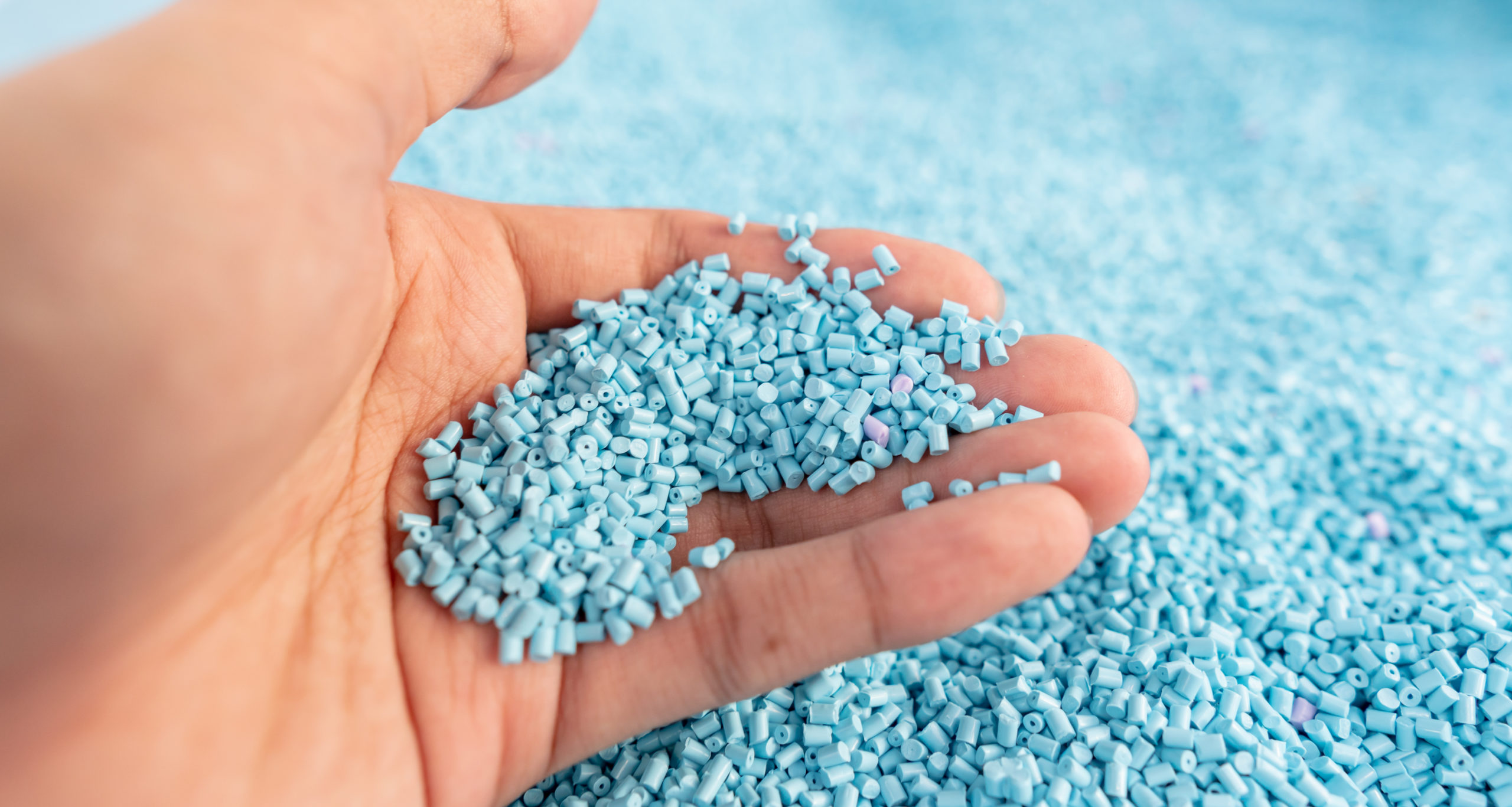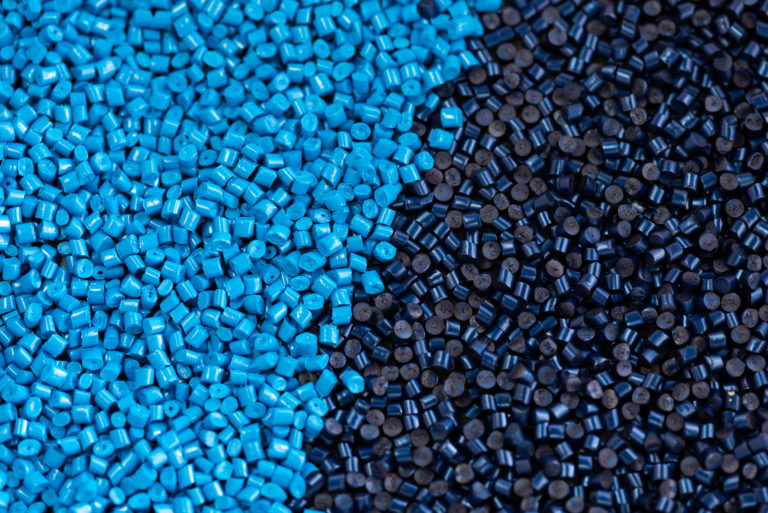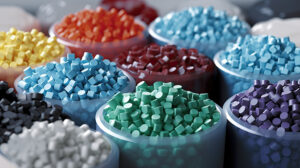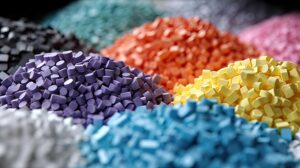Plastic products are strikingly ubiquitous, from space-age industrial components to cheap souvenirs. Though this ubiquity presents an environmental dilemma to any plastic producer, demand for this inexpensive and versatile miracle material is expected only to increase.
While the reduction in plastic use remains a difficult sell, thoughtful design of plastic products can be more environmentally friendly and maintain the desired performance.

Antimicrobial Additives as a Holistic Solution
As the market for plastics continues to grow, antimicrobial additives promise a progressive approach to plastic production with their various benefits. Additives with antimicrobial properties are widely available from additive manufacturers and offer multiple properties that can enhance performance in specific applications. At the same time, these additives can alleviate broader issues with all plastic products, such as recyclability. If the Pandemic has done anything, everyone is more conscious of our surroundings and personal health. Antimicrobial additives are a way to build another layer of defense.
-
Healthcare Applications
The U.S. healthcare industry consumes a large number of antimicrobial plastic products. Hospitals have used antimicrobial impregnated plastics to combat hospital-acquired infections as part of a more comprehensive infection control program. That demand is expected to increase as product regulations tighten. A plastic that inhibits microbes grants an obvious advantage in medical products where efficacy is often dependent on sterility.
-
Preserving Food
Microbes present an inherent threat to the quality and safety of our food. Food spoilage is directly tied to microbial contamination and proliferation. While it is possible to incorporate antimicrobial components into food, antimicrobial additives provide reliable control over microorganisms when used in plastic packaging, films, and containers. Antimicrobials can decrease the reproduction of fungi and bacteria by creating an environment hostile to replication, yet with zero alteration to taste.
-
Extending Lifetime
Bacteria, fungi, or algae can render plastic unusable in different ways. Products can suffer complete mechanical failure due to enzymatic degradation, or they may acquire a foul odor from microbe byproducts. Antimicrobial additives can target specific organisms, protecting the function of plastics in a wide variety of applications.
-
Enhancing Recyclability
A secondary benefit of highly targeted antimicrobial properties is making products easier to recycle at the end of their lifetime. While an additive can prevent degradation during use, it can also allow degradation by a different enzymatic recycling process. Additionally, an antimicrobial additive reduces the presence of contaminants, potentially increasing the number of useful lifetimes of a product.
-
Combating Antimicrobial Resistance
Antimicrobial plastics offer an indirect method of combating AMR (Antimicrobial) by simply reducing the probability of contracting an infection from plastic products. If the integration of an antimicrobial additive can decrease infection rates, it can prevent the use of antibiotics and reduce the risk of developing resistant microbes. By achieving a >95% kill ratio, we can decrease the risk of creating antimicrobial resistance.
Where to Buy Plastic Additives
A variety of additives, including antimicrobial, are available from high-quality manufacturers such as Phoenix Plastics and can significantly benefit aspects of plastic products.





